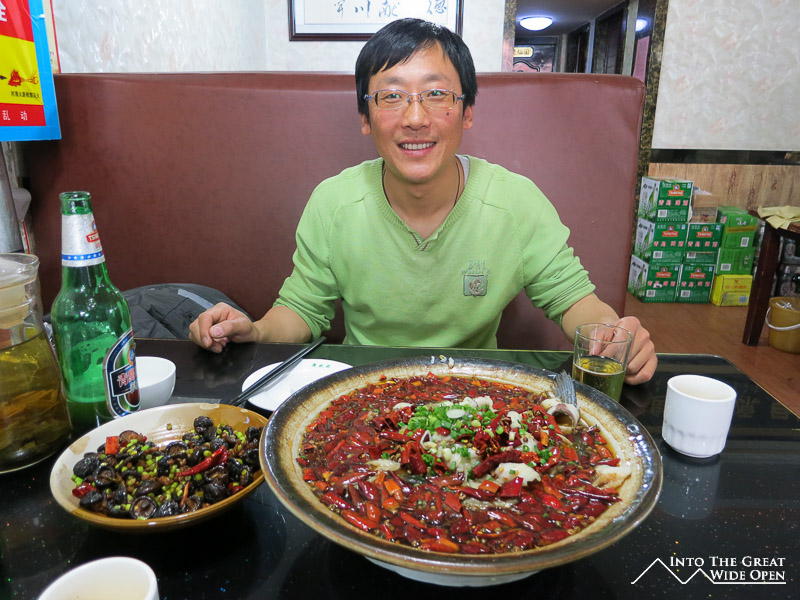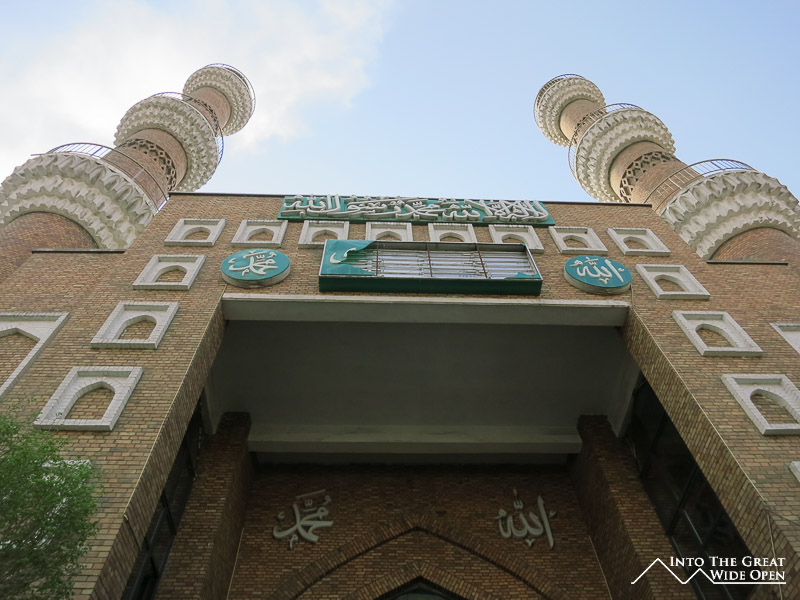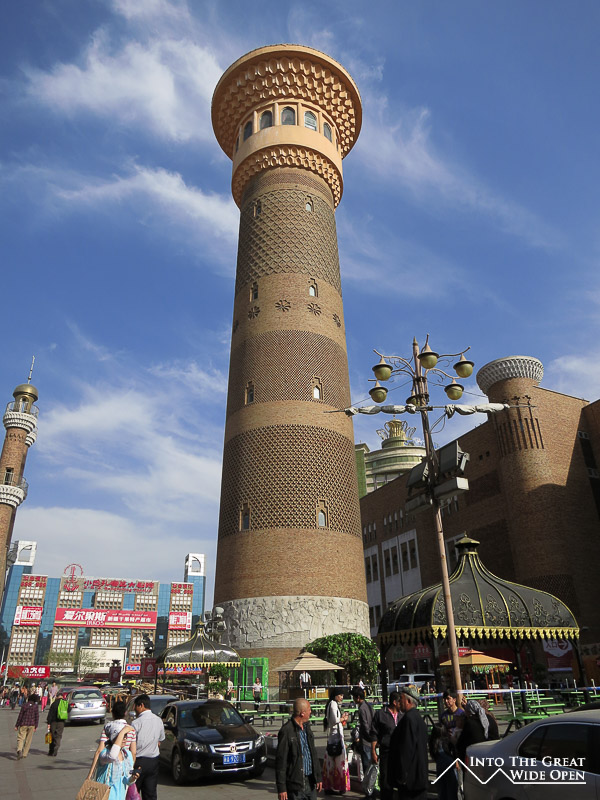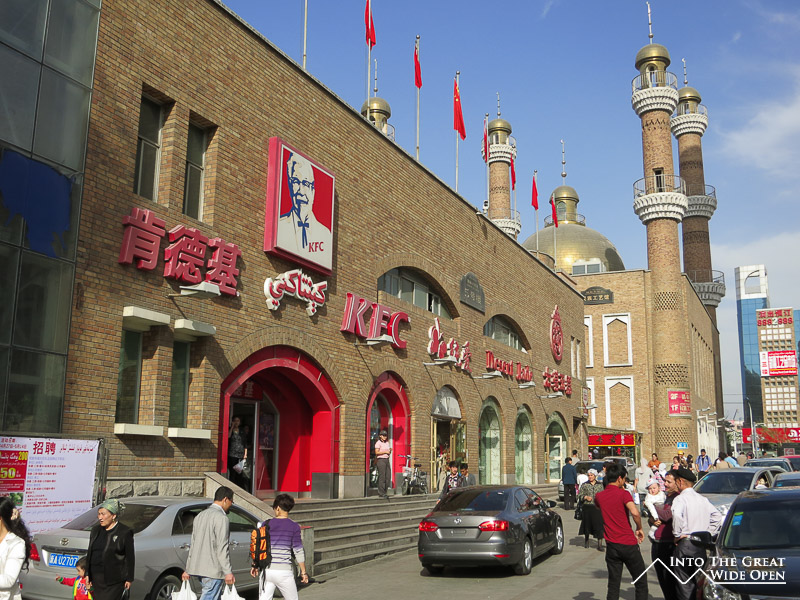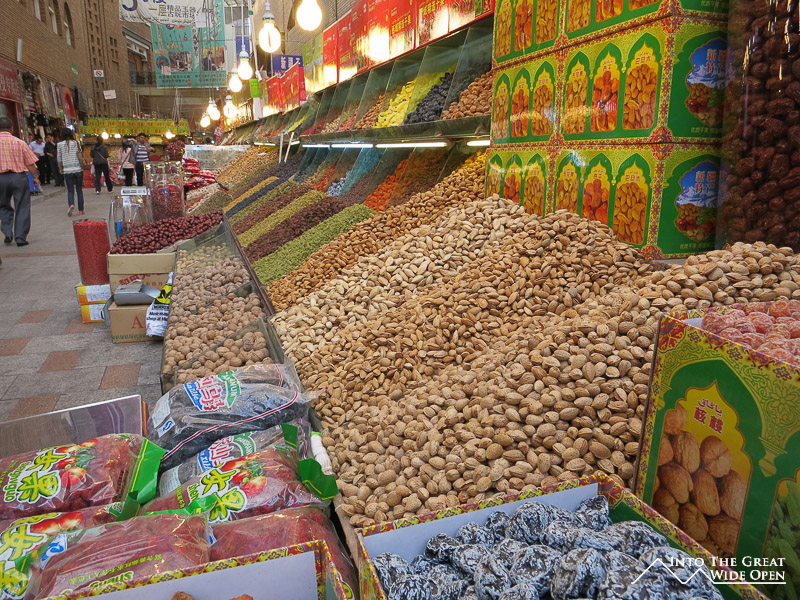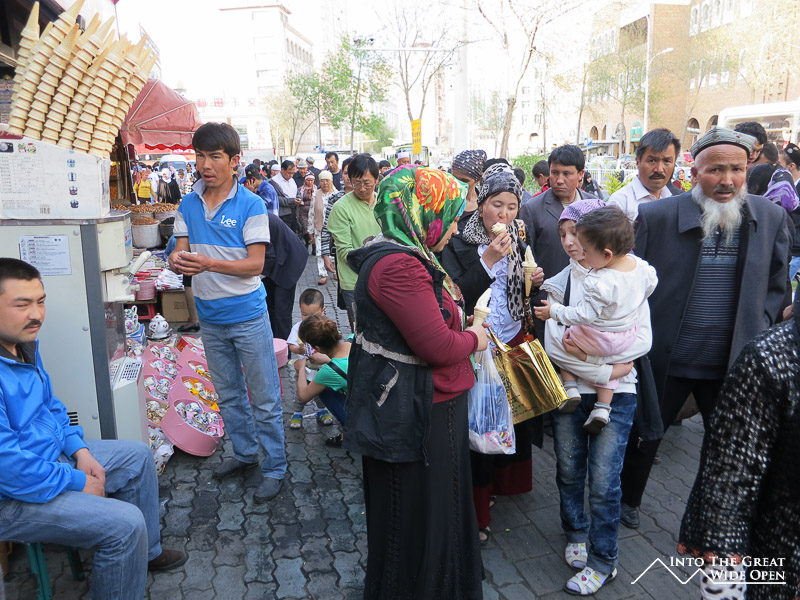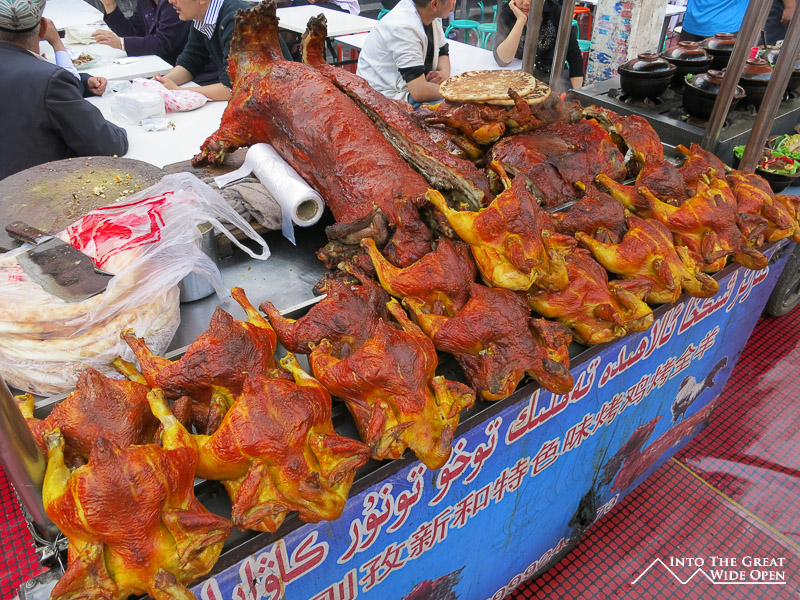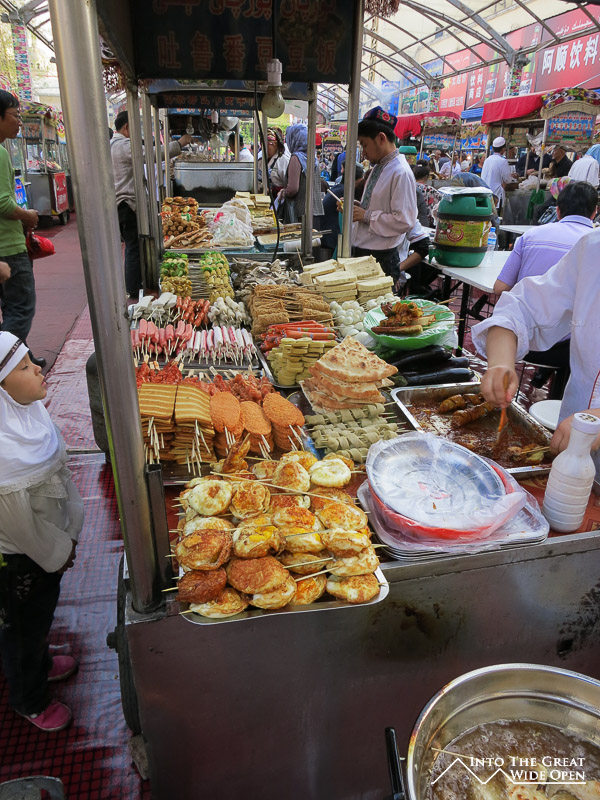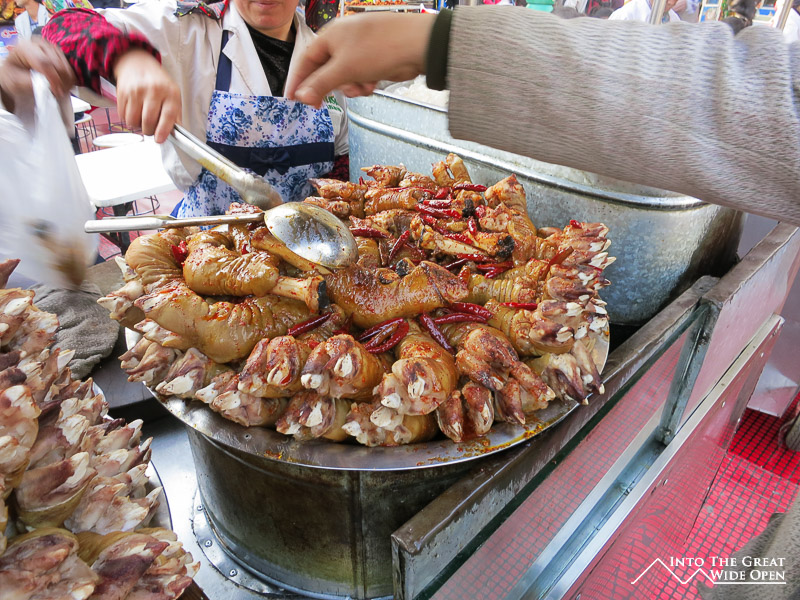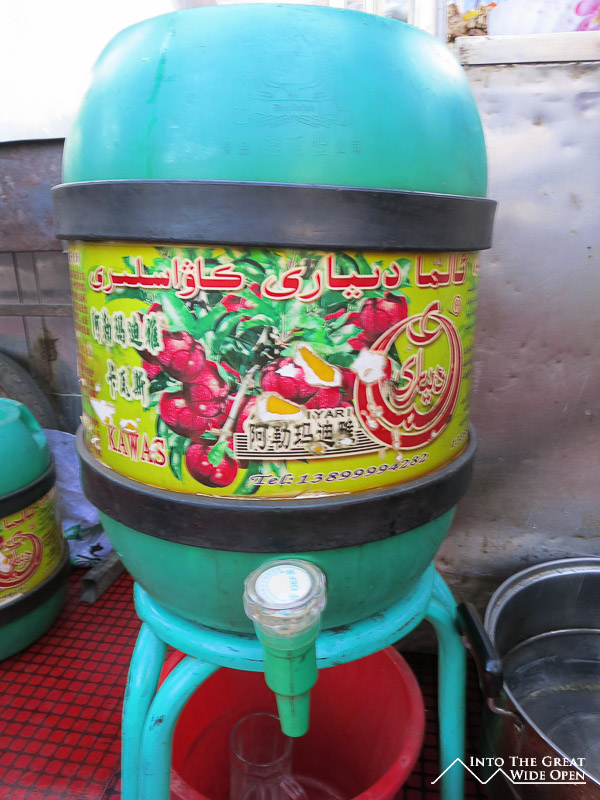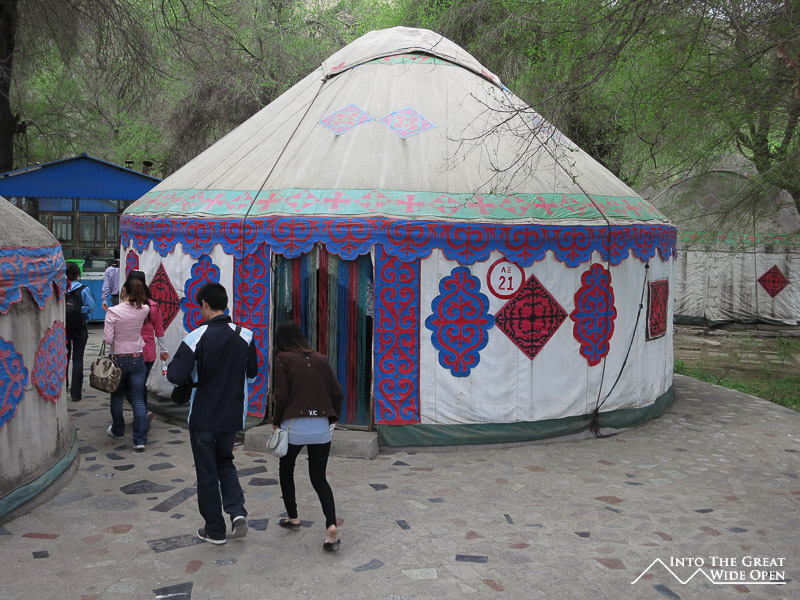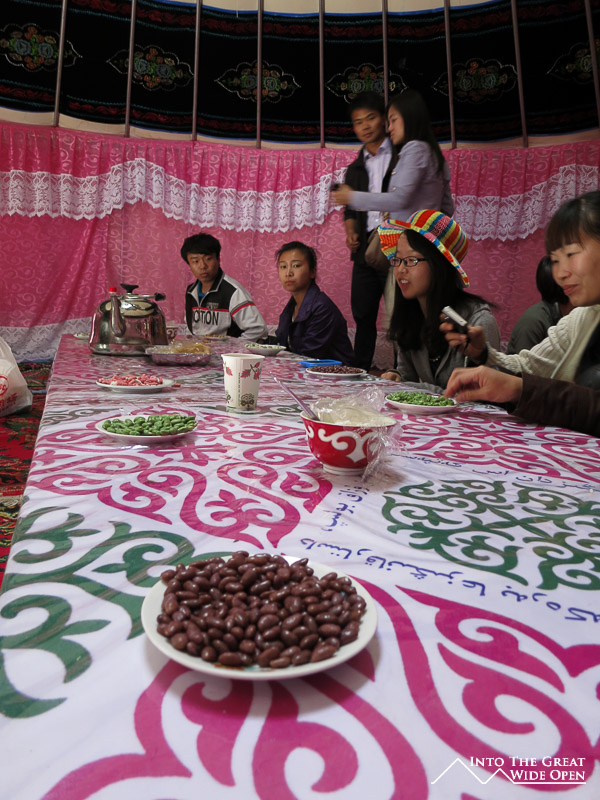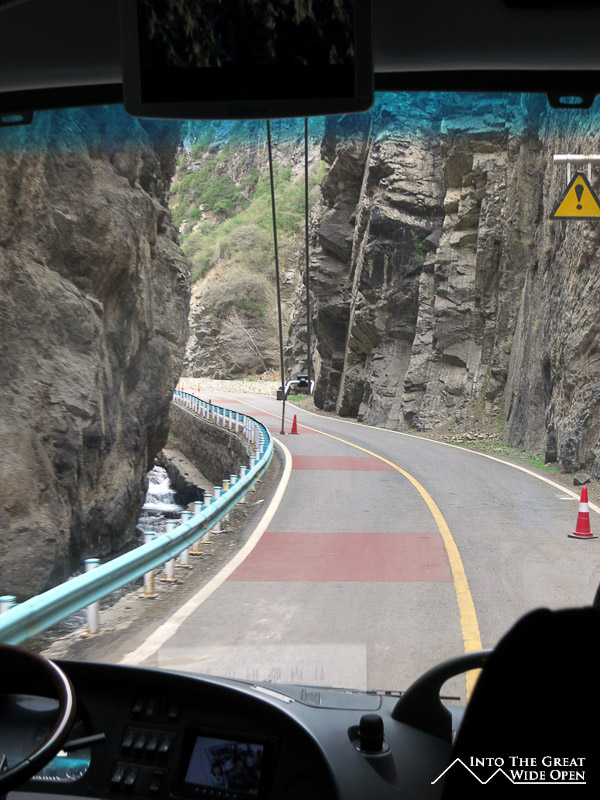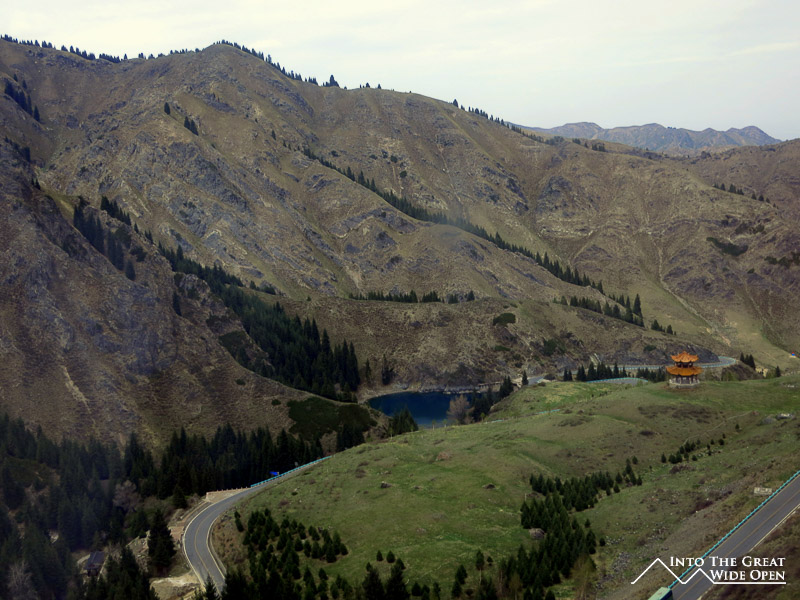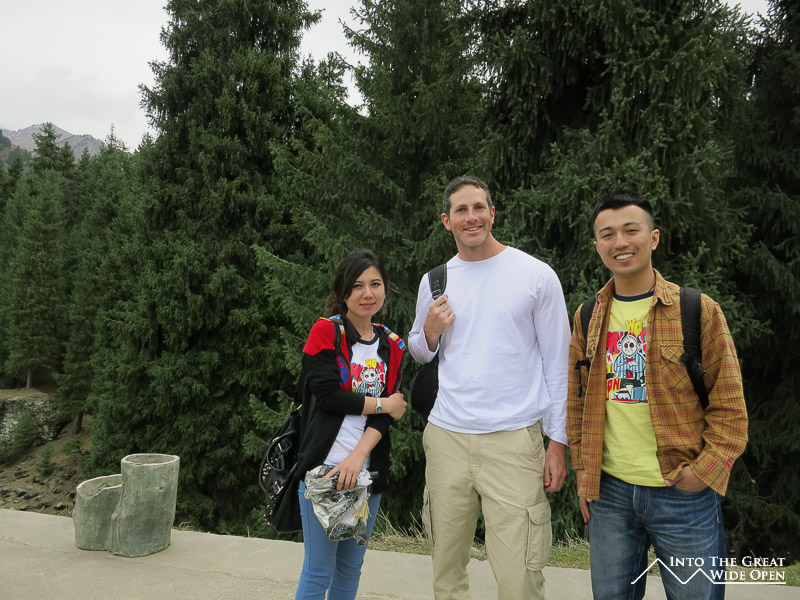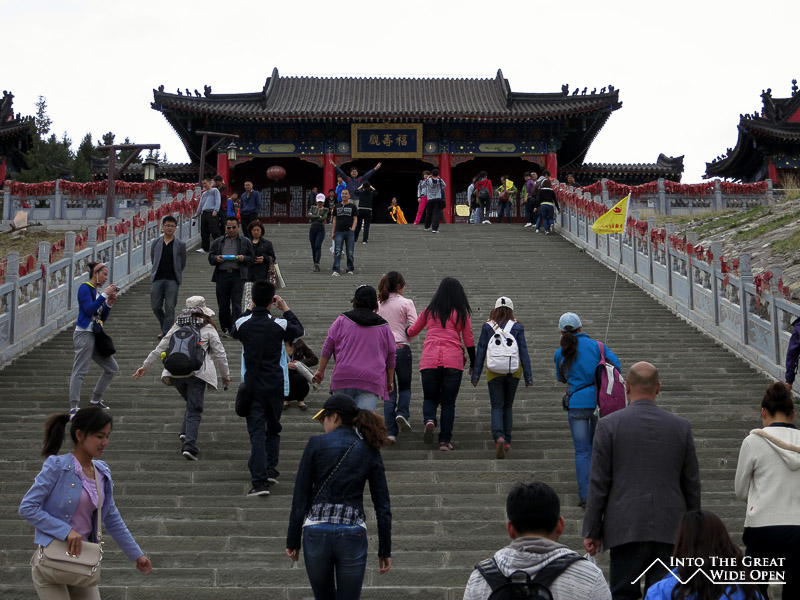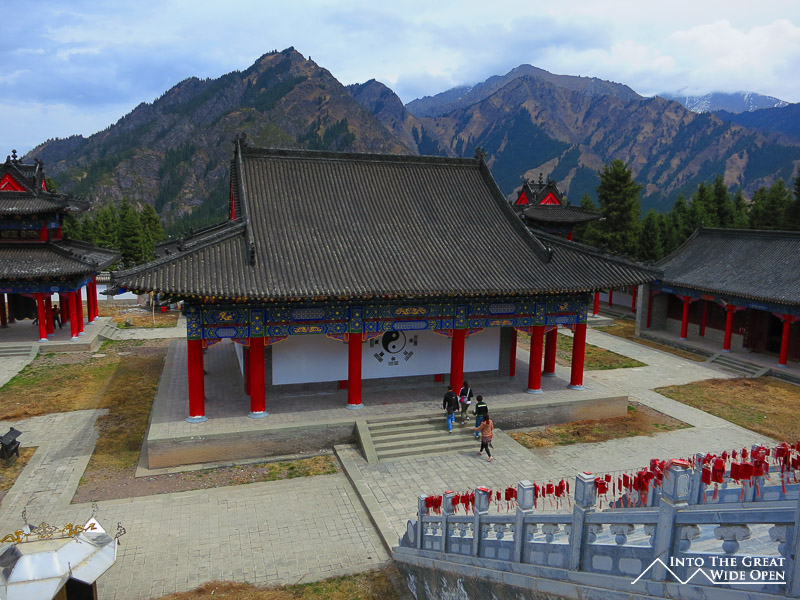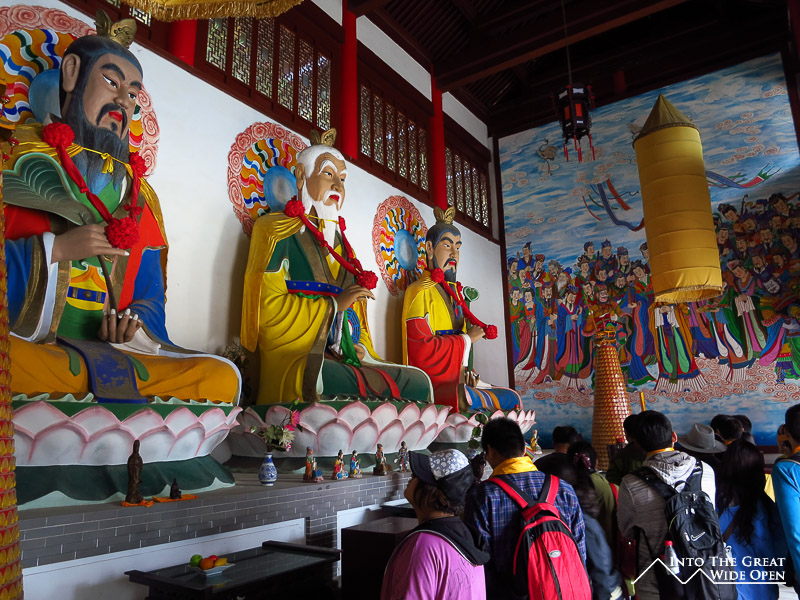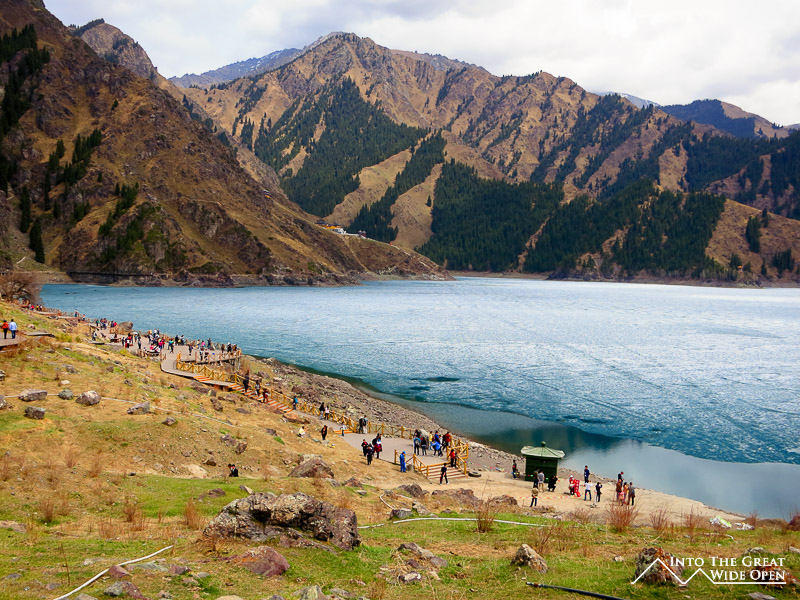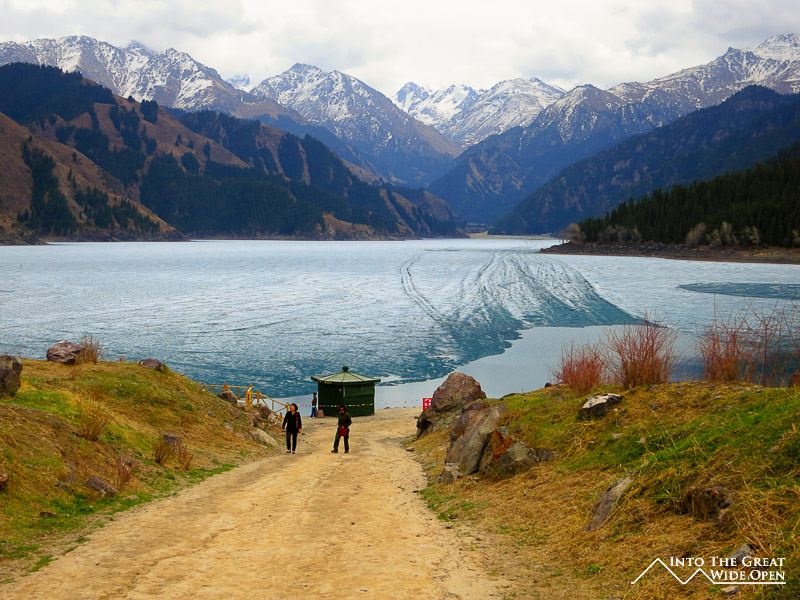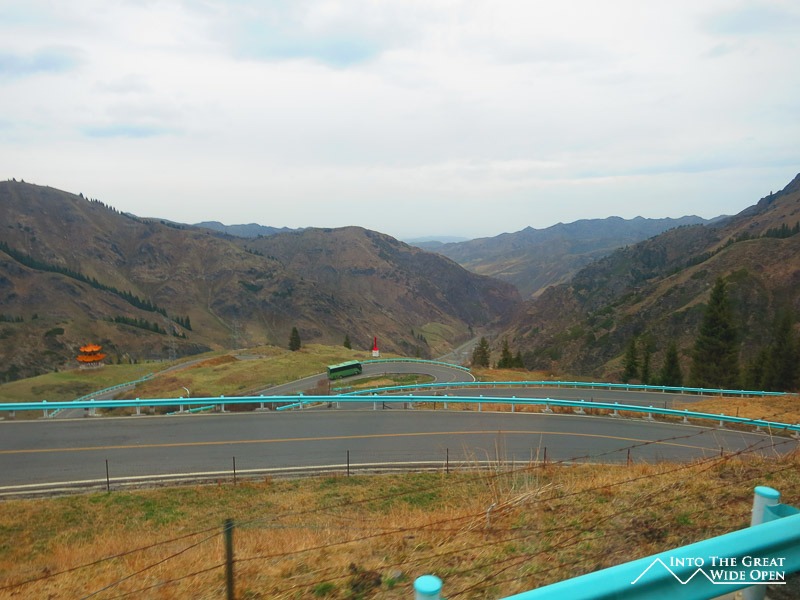Urumqi, China
The Crossroads of China
April 29, 2012
Does it feel that your life's become a catastrophe?
Oh, it has to be for you to grow, boy
When you look through the years
And see what you could have been
Oh, what might have been
If you'd had more time
- Supertramp

For many reasons it seems that Urumqi, located some 2,000 miles west of Beijing, represents the crossroads of China. Closer to more than half a dozen other countries than to its own country’s capital this western outpost couldn’t be more different than what I expected. Technically Urumqi is a smaller Chinese city, with a population of under 3 million people, but walking the streets it certainly doesn’t seem that way. With the benefits of nearly unlimited space that the Xinjiang province brings the city sprawls endlessly in what could be mistaken for one big traffic jam. The city lacks a metro or subway but there is an express bus system that operates in dedicated lanes in part of the city, similar to the Transmillenio in Bogota, Colombia. I could never imagine comparing western China with Colombia but strangely it fits. Unfortunately this bus system seemed to help little and the traffic was worse than usual because my visit coincided with one of the bigger Chinese holidays, the 3 day Labor Day break. But with all the intrigue that this city has to offer I’m glad my last few days in a dense and crowded Chinese city were spent here.
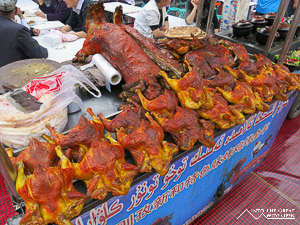
What makes the city so unique is that is exactly the opposite of what you would expect from a Chinese city. Whereas other Chinese cities lack diversity and are nearly homogenous the population of Urumqi is a mix of Chinese, Uighur, and other Central Asian peoples. There are two official languages, Chinese and Uighur, with the Arabic script of Uighur seen everywhere either above or below the Chinese characters. To add to this, the more upscale places also have signs bearing the name or description in English and sometimes Russian too. While instruction in schools is in Chinese, Uighur is still widely spoken and its distinct sound made for a welcome break from the often harsh sounds of Chinese. This mix of people is something that could spur the development of new opportunities for China as it focuses more attention on its neighbors due to their strategic importance in critical areas such as natural resources. The skyline of modern buildings is a telling sign of the economic importance of this, but for such a diverse city it certainly does not see many foreign tourists. I can’t say that the hard to navigate city helps to encourage them either.
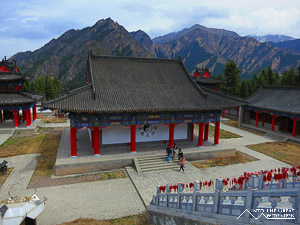
Fortunately on my train from Xi’an I met a Chinese man who spoke a little English and had several hours to spare before his next train to Yining, near the border with Kazakhstan. He helped me get through the crazy ticket lines at the train station to purchase an onward ticket to Kashgar and then we had lunch at a nearby restaurant. The dishes were really tasty and unique. One was a mix of minced lamb, scallions, and whole mushrooms all fried together. The other featured a whole fish simmered and submerged in a huge bowl of Szechuan chili peppers, bean sprouts, onions, chili oil, and broth. After lunch we went to the Erdaoqiao Bazaar, a touristy but nonetheless interesting market full of dried fruits, knives, carpets, jade, and other various things. At the center of the bazaar is a replica of the Bukhara Minaret, towering over it all and drawing people in for the requisite photo. The streets around the market are filled with a curious mix of people and random things such as a soft serve ice cream vendor and a man selling freshly sliced watermelon. Just across the road is a Uighur street market with stalls selling freshly grilled kabobs, stews with assorted animal parts, and strange looking piles of hooves packed with chili peppers. An interesting drink I had was Kawas, which I think is a slightly alcoholic drink made from honey, but again the language barrier made deciphering this almost impossible.

Before leaving my new friend helped me arrange a trip to Tian Chi, a nearby mountain lake north of the city. With my non-existent Chinese language skills the easiest way to go was to join a Chinese tour group and be shepherded from place to place by a flag-waving guide. While being a very touristy experience I was lucky in that there were a few people in the tour group who spoke English, among them a Uighur couple, a Chinese teacher, and a university student, so I got learn a lot about Urumqi, Xinjiang, and Tian Chi. The touristy experience began in full with lunch in a traditional Kazakh yurt, as the area has been historically inhabited by Kazakh tribes. Lunch was preceded with song and dance performances and followed by a photo opportunity in traditional Kazakh dress. These may or may not have been authentic, as I really had no way of telling since I haven’t been to Kazakhstan yet.
After all this the bus finally ascended the steep and winding road up to Tian Chi, which translates to Heaven Lake. The lake is known for its deep blue water, which, due to the elevation, was unfortunately still covered with ice during winter’s retreat. Despite this the lake was in a picturesque spot, nestled within tall mountains with scenic overlooks from two Buddhist temples. With all the other touristic experiences our time there was limited but it was a big change to be able to breathe clean air and take in scenes of nature; something I will be looking forward to in my next destinations as I leave the big cities behind.
